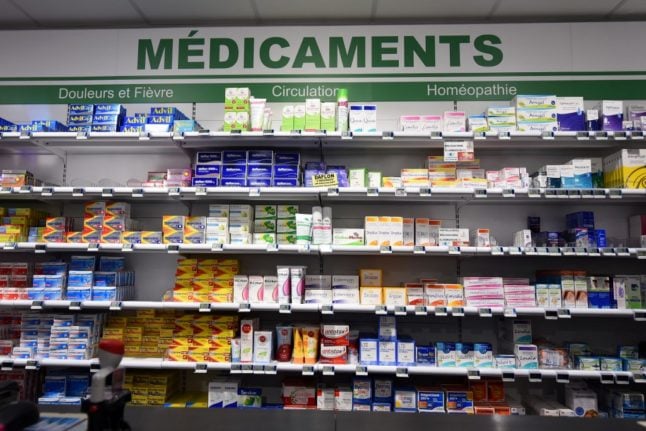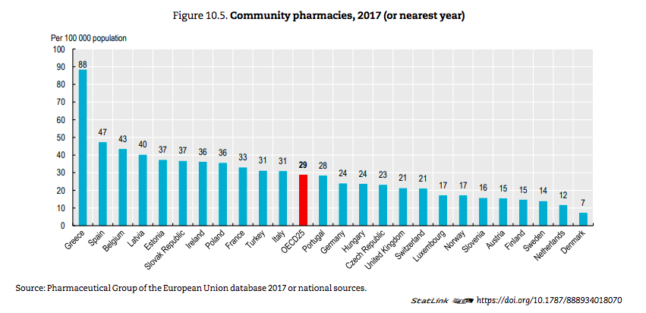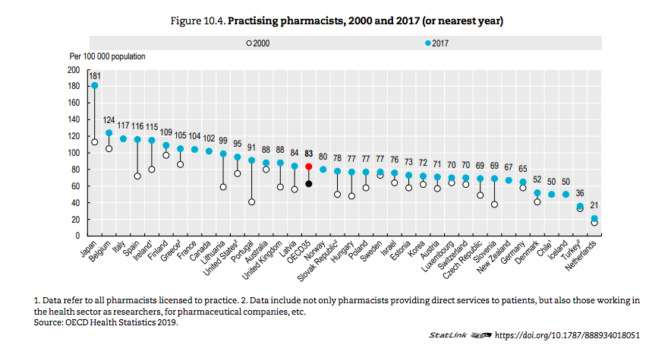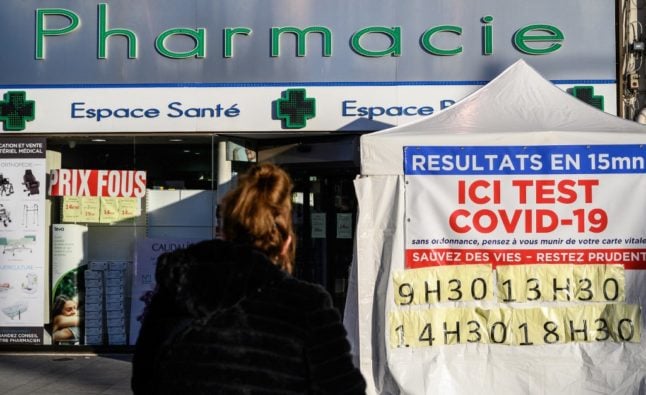Three months after the first competitor to the former state monopoly Apoteket opened its doors price differences among the chains remain slight, despite international comparisons indicating significant differences in the costs of everyday medicines.
Paracetamol, which is the active ingredient in products such as Alvedon, is for example extremely cheap in Britain. A 500 milligramme pill costs from around 0.07 kronor ($0.01) in the UK, while in Sweden one of the cheaper alternatives costs from 1.70 kronor.
Eva Fernvall, brand manager at Apoteket, is aware that the prices of non-prescription drugs are often much lower abroad.
“As we have been a monopoly and were thus required to provide a full range of medicines, including non-prescription drugs, pharmaceutical companies knew that we had to buy in everything. We therefore did not have a strong bargaining position,” she said.
The Swedish pharmaceutical monopoly was abolished on November 1st, although the first competitors to Apoteket did not open their doors for business until January 2010.
There are now four dominant market actors – Apoteket, Medstop, Apotek hjärtat and Kronans Droghandel.
A price check conducted by the Svenska Dagbladet (SvD) daily during the week March 22nd – 28th showed that prices for popular everyday non-prescription drugs remain high and show little or no difference among the chains.
Fernvall argues that prices will fall when supermarkets and other retailers begin selling non-prescription medicines.
“In six months I think that we will see completely different prices,” Fernvall said, explaining that sales volumes had not yet reached levels that allow for price cuts.
“If (supermarket chain) Ica start selling their own brand of paracetamol then prices will fall quite fast,” she added.
Prices for prescription medicines are regulated in Sweden while non-prescription medicines are now subject to market prices.
Prior to the 2010 deregulation, Apoteket hiked its prices on thirty of its most popular non-prescription brands, claiming that the rises were in response to price increases by pharmaceutical companies. The higher price levels now remain at all four chains, according to the SvD review.
Since November, 5,000 new retail outlets for non-prescription medicines have been added to the market, according to the newspaper.





 Please whitelist us to continue reading.
Please whitelist us to continue reading.
Member comments